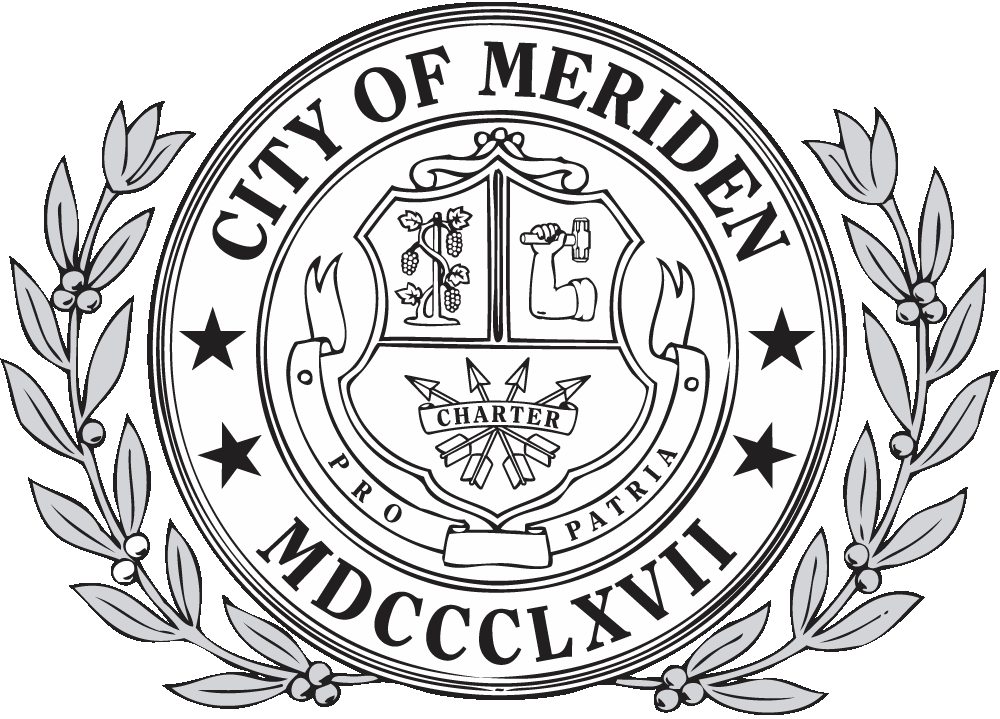Catch Basin / Storm Drain Information

Q: Are sewers and storm drains the same things?
A: Sewers and storm drains are two completely different drainage systems. Sewers carry wastewater from such things as washing machines, sinks, toilets, and showers to a treatment plant to be cleaned prior to being discharged into the water ways. The storm drain system collects rainwater, and anything else dumped into it, and carries it all directly to our local waterways with no treatment.
Q: Do catch basins and storm drains get cleaned out?
A: Yes. The City regularly performs maintenance activities including cleaning of the storm drain system. In addition, the City crews are always available to respond to emergency situations where clogged storm drains result in flooding.
Q: Why doesn't the City clean out all of the storm drains before a storm?
A: City crews clean out clogged catch basins throughout the year as part of on-going maintenance. Unfortunately, there are just too many catch basins and not enough time. Residents can reduce flooding in their neighborhoods by keeping material out of the storm drain system or clean debris around the catch basin when performing landscape maintenance.
Q: Why doesn't the City build a stormwater treatment facility?
A: Such a facility would be extremely expensive to build and maintain, and these costs would need to be passed on to property owners.
Q: What kinds of pollutants are found in the storm drain system?
A: Paint thinner and paint products, motor oil, pesticides, trash, paper, human and animal feces, antifreeze, leaves, grass clippings, cooking oil, shopping carts, tires, dirty diapers, and dead animals are but a few of the pollutants found in the system.
Q: I wash my own car. How can I be environmentally responsible?
A: One option is to have vehicles cleaned at a commercial car wash where wastewater flows through sand and oil traps then into the sanitary sewer system. When washing your car at home, pull it up on the lawn or graveled area where water will leach into the ground instead of flowing into gutter and storm drains. Always use phosphate-free, biodegradable soaps when washing a vehicle and conserve as much water as possible. Shut off water while washing your car, then rinse. Remember not to leave your car on the lawn. We would highly recommend going to a full or self-service car wash because the used water is recycled.
